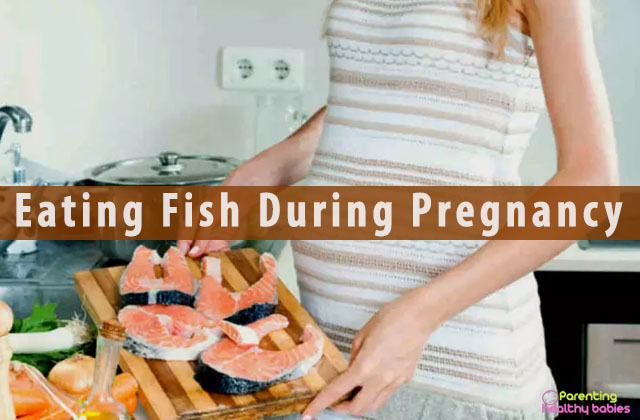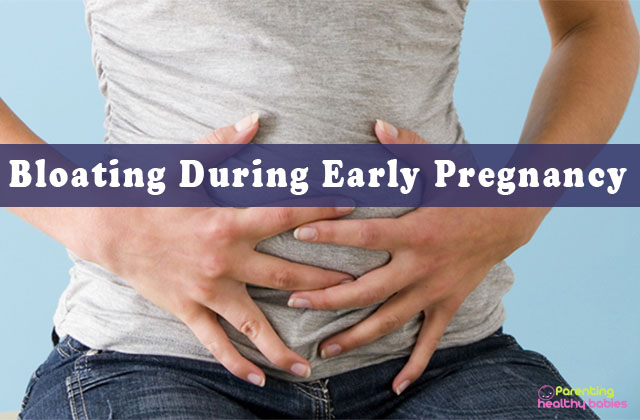One of the most common dilemmas faced by a woman during pregnancy is, to decide if eating seafood, especially fish at the time of pregnancy is safe or not. Yes, fish consists of nutrients that are essential for the developing fetal brain. But fish can also be contaminated with polychlorinated biphenyls (PBCs) and brain damaging mercury. It has been reported that more than half of all pregnant women eat fish comparatively much lesser than they should because they are afraid of harming their babies in any manner.
But this does not mean that you have to completely eliminate fish from your diet. Pregnant women and breastfeeding women have been advised to eat more low mercury fish by the U.S Food and Drug Administration and The U.S. Environmental Protection Agency.
Eating Fish: Do’s and Don’ts for A Safer Pregnancy
In the past few years, a number of pregnant woman have completely avoided eating fish or feeding it to their young children. But it has now been stated by the scientists that completely avoiding fish from the diet can mean missing out on essential nutrients that can positively impact the growth and development of the baby and the general health of mom-to-be.
A variety of seafood consists of Omega-3 fatty acids that promotes fetal brain and nervous system development. Not only this, but they also lower the risk of preeclampsia and contribute to a healthy pregnancy. Moms-to-be who eat foods that are rich in omega-3s are less likely to suffer from postpartum depression and also boost the neurological development of their babies.
Seven fish to shun
Large predators at the top of the food chain consists of high levels of methyl-mercury, which is damaging to the developing brain. Moreover, the negative impacts of it can bring the brain-boosting powers of fish oil to almost zero.
Mercury can also pass on to babies through breast milk just like PCBs. However, it was banned in 1979 but PCBs still accumulate in the bodies of certain fish. There are certain fish that can be worst to your health and are also endangered, Tuna is one among those. Listed below are some of the overfished and contaminated species that should be eliminated from your diet, completely. These are as follows:
- Atlantic Salmon
- Swordfish
- King Mackerel
- Orange Roughy
- Shark
- Chilean Sea Bass
Seafood to savor
Basically, these eaters are in look for clean and green seafood. This food should be low in mercury and PCBs and high in omega-3s. Apart from this, It should be sustainably caught or farmed. Listed below are some of these:
- Farmed Arctic Char
- Farmed Mussels
- Farmed oysters
- Farmed Rainbow trout
- Wild-Caught Pacific Sardines
- Wild-Caught Alaska Salmon
How Much Fish Should You Eat?
As recommended by FDA, eating 8 to 12 ounces of fish that is low in mercury is perfectly normal per week. This equals to 2-3 servings of fish per week. You should make sure that you eat fish lower in mercury, for instance, tilapia, tuna, cod, catfish and salmon. However, you should not exceed the consumption of white (albacore) tuna by 6 ounces in a week.
Is it okay to JUST take Omega-3 supplements?
Omerga-3 supplements are a lot beneficial but this does not mean that you avoid all fish, because then you will be missing out on other essential nutrients. It is thus recommended that you eat a variety of lower mercury fish and can take an omega-3 supplement in addition to it.
What if you eat one of the High-Mercury Fish?
Although it is quite unlikely that a single serving of fish would posses a risk on your health but it is best to avoid these at any cost during pregnancy or even while breastfeeding.
To recapitulate:
- Avoid raw or undercooked fish
- The fish should be kept frozen or refrigerated until you are ready to use it.
- Limit your intake to about 12 ounces per week.
- Avoid eating fish caught by friends or family. only stick to commercial fish.
- Avoid eating shark, tuna, tilefish, swordfish, king mackerel.
Taking the above discussion into consideration, we learn that pregnant or breastfeeding women are now recommended to consume more fish. After all, the vital nutrients like omega-3 fatty acids, vitamins, proteins and minerals such as iron are all a part of it, which are a lot essential for the moms-to-be as well as for the fetal, childhood and infant development.













